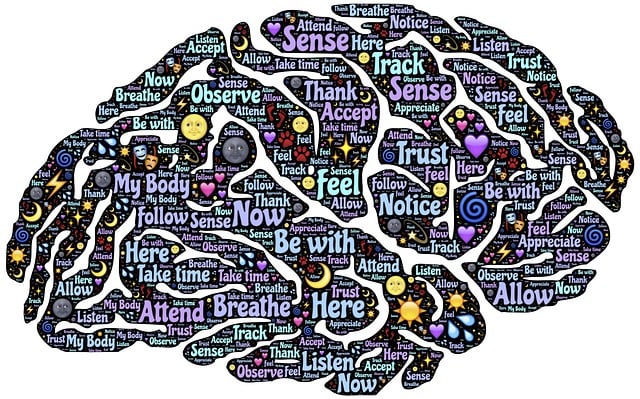Stress management in Russian-speaking communities demands a culturally sensitive approach, addressing language barriers and acculturation challenges through tailored workshops. By advocating for cultural competency training and implementing Superior Russian-Speaking Therapy programs, healthcare providers can enhance accessibility and impact of stress reduction methods. This ensures effective support, respects individual preferences, and fosters understanding among diverse cultures, ultimately revolutionizing stress management practices to benefit all segments of society.
Stress management workshops tailored for Russian-speaking communities are gaining prominence, addressing the unique challenges these groups face. This article explores three key components for effective stress alleviation programs.
First, we delve into understanding the impact of stress within this cultural context. Next, discover how to design sensitive workshops catering to their needs. Finally, learn about implementing and evaluating a superior Russian-speaking therapy program for optimal mental wellness.
- Understanding Stress and Its Impact on Russian-Speaking Communities
- Designing Effective Stress Management Workshops for Cultural Sensitivity
- Implementing and Evaluating a Superior Russian-Speaking Therapy Program
Understanding Stress and Its Impact on Russian-Speaking Communities

Stress is a universal human experience, yet its impact can vary significantly across different communities, including Russian-speaking populations. Understanding the unique stressors and cultural nuances within this demographic is crucial for effective stress management workshops. Many Russian-speaking individuals face challenges related to acculturation, language barriers, and maintaining a sense of community in new environments, all of which can contribute to heightened stress levels. By recognizing these specific issues, organizers can tailor their workshops to offer relevant support.
The importance of mental health policy analysis and advocacy cannot be overstated when addressing the needs of Russian-speaking communities. Incorporating Stress Reduction Methods tailored to cultural preferences ensures that participants feel comfortable engaging in practices like mindfulness or meditation. Moreover, providing Healthcare Provider Cultural Competency Training can better equip professionals to serve this population effectively, fostering an environment of understanding and reducing potential stressors associated with healthcare access and communication.
Designing Effective Stress Management Workshops for Cultural Sensitivity

When designing stress management workshops, it’s crucial to consider cultural sensitivity to ensure inclusivity and effectiveness. With a diverse range of participants from various ethnic and linguistic backgrounds, adapting strategies for different needs becomes essential. For example, offering Superior Russian-Speaking Therapy sessions can cater to participants who prefer their native language, enhancing comfort and engagement. This approach respects individual preferences while providing valuable tools for stress relief.
Incorporating cultural elements into workshop content is another vital step. Exploring traditional practices for mood management and empathy building strategies from diverse cultures can offer unique perspectives. By doing so, workshops become more dynamic and meaningful, fostering a deeper understanding of different approaches to well-being. This cultural sensitivity not only enriches the learning experience but also contributes to the development of inclusive public awareness campaigns that resonate with all segments of society.
Implementing and Evaluating a Superior Russian-Speaking Therapy Program

Implementing a Superior Russian-Speaking Therapy Program is a strategic move for any Stress Management Workshops Organization aiming to cater to a diverse demographic. With a significant Russian-speaking population in many countries, offering specialized therapy sessions in their native language can significantly enhance accessibility and engagement. This approach ensures that individuals who may face barriers due to language differences can participate fully in emotional healing processes, facilitating effective depression prevention strategies.
A well-structured program should incorporate trained therapists fluent in Russian, providing a safe and supportive environment for participants to discuss personal challenges. Regular evaluation of the program’s impact is crucial; collecting feedback from attendees and measuring improvements in their mental health can help refine the curriculum and ensure it aligns with the unique needs of this specific community. This tailored approach has the potential to revolutionize stress management, making it more inclusive and impactful.
Stress management workshops tailored for the Russian-speaking communities can significantly enhance mental well-being and foster cultural sensitivity. By understanding the unique stressors faced by these communities, organizers can design effective programs that resonate deeply. Implementing a superior Russian-speaking therapy program, as outlined in this article, offers a comprehensive approach to addressing stress, ensuring long-lasting positive impacts on participants’ lives.













